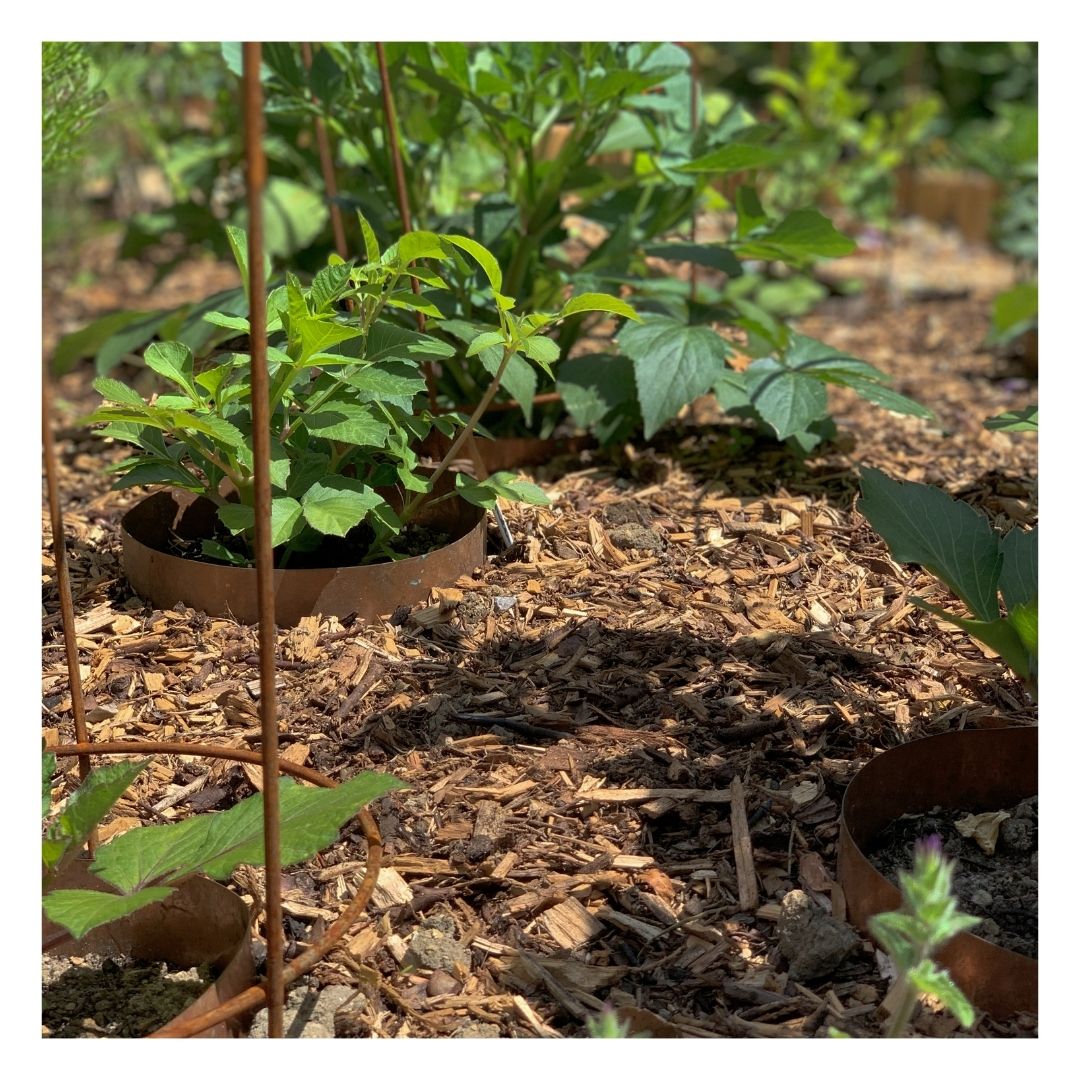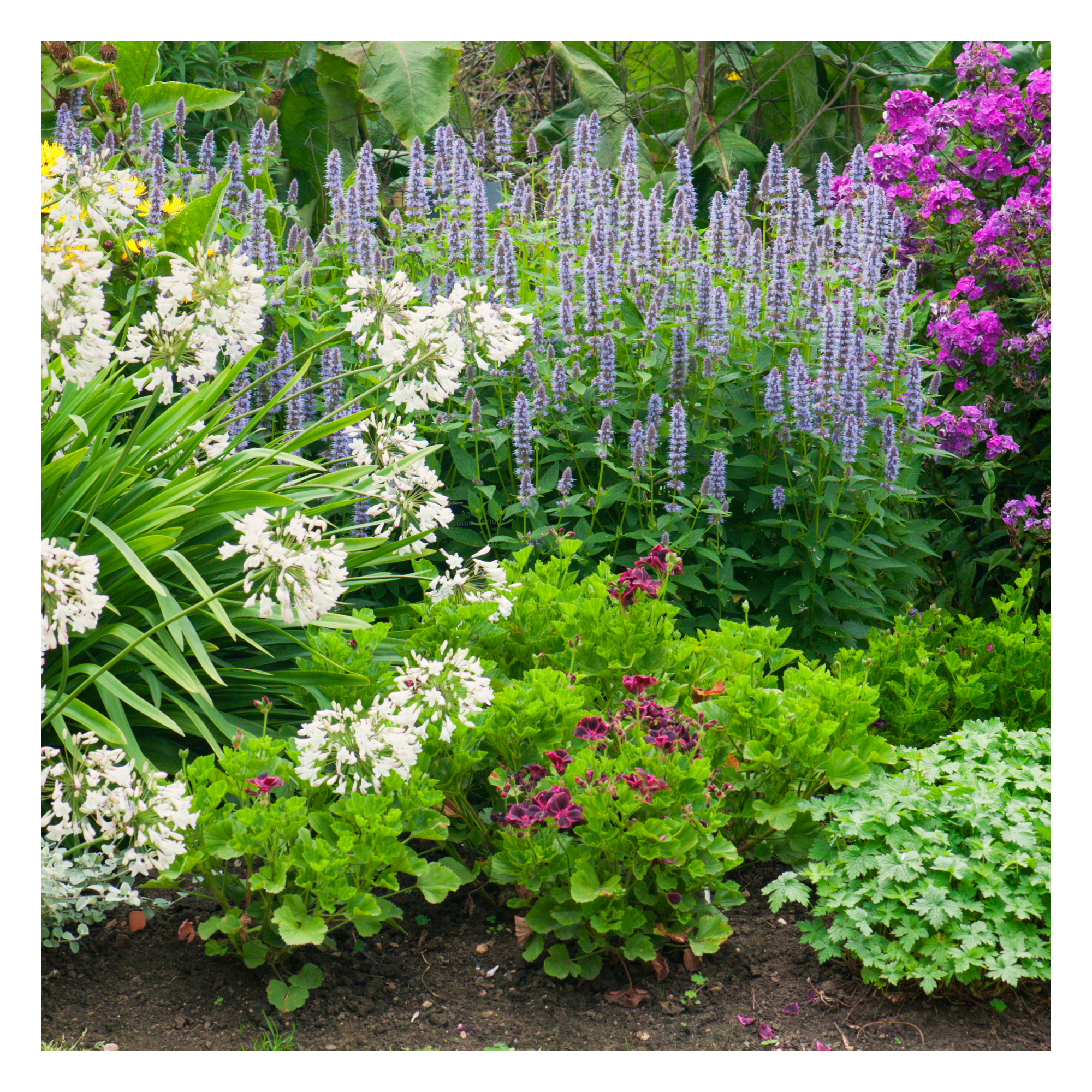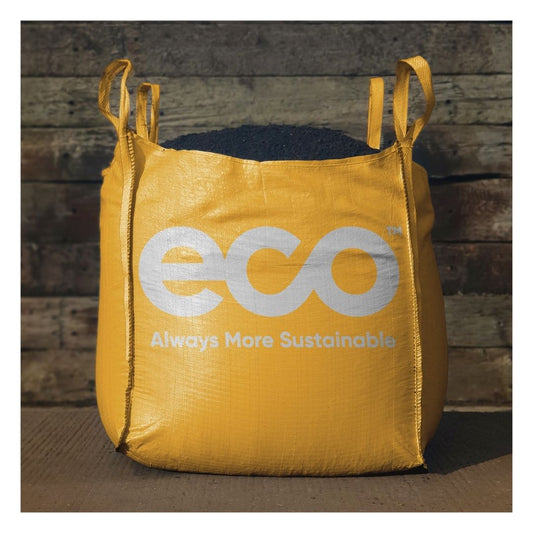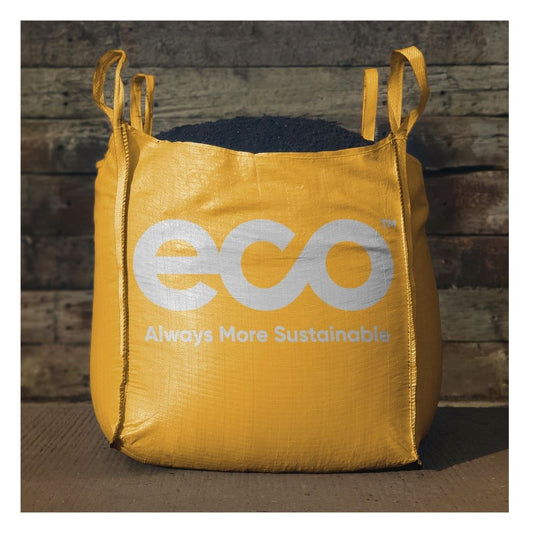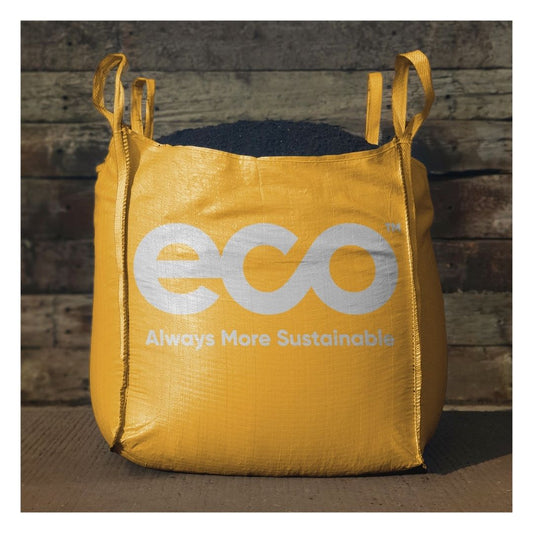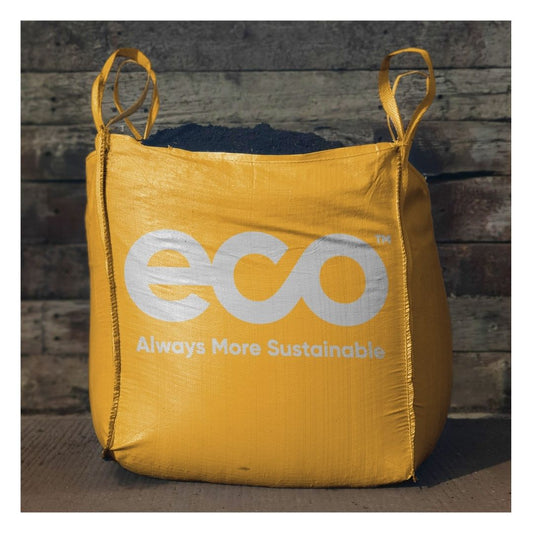Landscapers – Why You Shouldn’t Use the Cheapest Topsoil Available
Topsoil comes in three different grades; premium, general purpose and economy. It can be tempting when undertaking large landscaping projects, to opt for a cheaper, economy topsoil, in order to keep the costs down. However, opting for the cheapest product is not advisable for most planting or landscaping projects. Read on to find out why.
Topsoil Grade Versus Cost
Topsoil can make or break a garden, that includes using it to lay turf on, using it for bedding plants, trees and shrubs. If you use a lower grade of topsoil for purpose you will most likely end up with an unsuccessful landscaping project.
We understand that profit margins matter, the cheaper you can source your materials, the more money you can make at the end of the job. But profits shouldn’t be made at the expense of your customers’ gardens and happiness.
Economy topsoil is the cheapest grade, however it would not be advisable to use economy topsoil for planting or landscaping projects as it would be unlikely to support the growth of plants. In some cases the contaminants and chemicals in the soil will kill the plants trying to establish themselves (not a good idea when you are trying to create a green landscape for a client).
At the other end of the scale is premium topsoil, which will cost more. This grade of topsoil will support plant growth, however it may be too good for a lot of uses. You could end up using tons of premium topsoil which costs your clients more, but is of an unnecessarily high standard for jobs like laying turf.
Do you Know What is in Your Topsoil and Where it Comes From?
Topsoil is made up of three main components, in varying amounts. These are, sand, silt and clay, and also included in some grades of soils is decomposed organic matter (mostly made from dead plants, leaves and twigs).
Economy topsoil will likely have contaminants in it, it may have come from a building site, for example, and have particles of glass, concrete, tarmac, or other chemicals in it, which will restrict or prevent turf from rooting and plants from growing. With economy topsoil, the general rule is the cheaper the product, the lower the quality, and if no screening has taken place there will most likely be weeds and seeds present.
General purpose topsoil is probably the minimum standard you should opt for when undertaking landscaping jobs for customers which involves plants or turf. General purpose topsoil will usually come in different screen sizes and will still be reasonably priced, especially if you are buying in bulk. When you are buying topsoil it’s a good idea to buy from a vendor who can tell you where the soil has come from, what it’s made up of and who can provide a sample if asked.
Premium topsoil is exactly that; the best quality you can buy. It is not necessary to buy premium topsoil for purposes such as laying turf on, but if you did, you certainly couldn’t blame the soil if the turf didn’t take!
British Standards
One way to be certain of the quality of the topsoil you’re buying is to opt for a soil which has been accredited with a British Standard. You should be able to buy a good quality, general purpose topsoil with the British Standard 3882:2015 which will be sufficient for most needs.
What is the Grade of Soil Best Suited For?
Each different grade of soil is useful and necessary for different purposes:
Economy
Economy topsoil is great for using to fill large holes (like filling in a pond or an old swimming pool) but it is inadvisable to use it as the topmost layer of soil for laying turf or planting bedding plants, and certainly not for use in vegetable plots.
General Purpose
Great for laying turf on, filling large bedding plots or borders and planting projects.
Premium
Really good for flower beds and borders, vegetable plots and improving existing soil. Also used in the construction of sports surfaces such as tennis, football and golf courses.
Eco’s Soil
At Eco, we can tell you where our soil comes from and how it’s processed (if at all). Our products meet British Standards and we can provide samples of the soil if requested.
Shop Eco Soils
-
Eco Organic Topsoil: Fruit & Veg
Regular price £121.95 GBPRegular priceUnit price per -
Eco Organic Topsoil: Beds & Borders
Regular price £121.95 GBPRegular priceUnit price per -
Eco Organic Topsoil: Supersoil
Regular price £121.95 GBPRegular priceUnit price per -
Eco Organic Topsoil: Coarse Mix
Regular price £116.95 GBPRegular priceUnit price per
